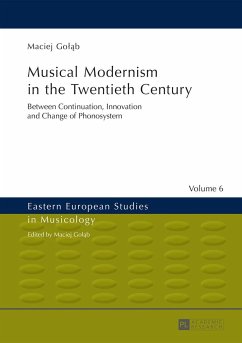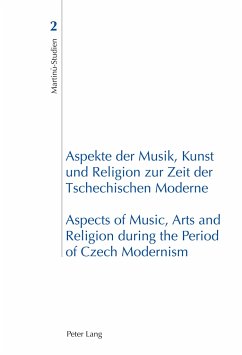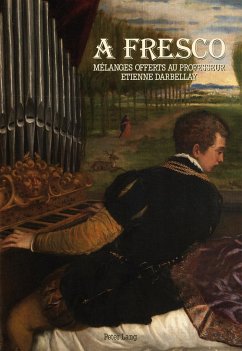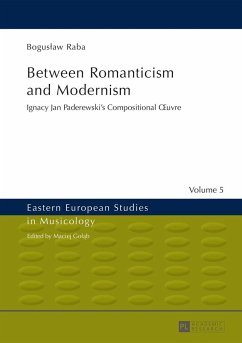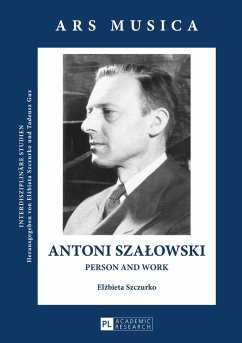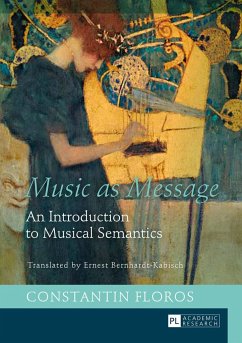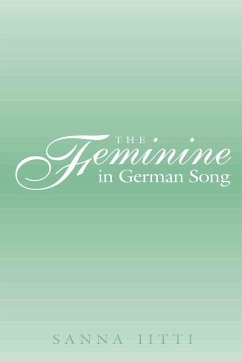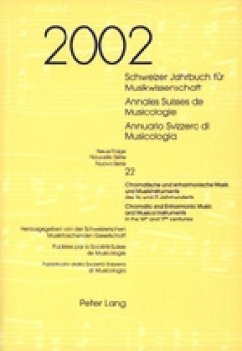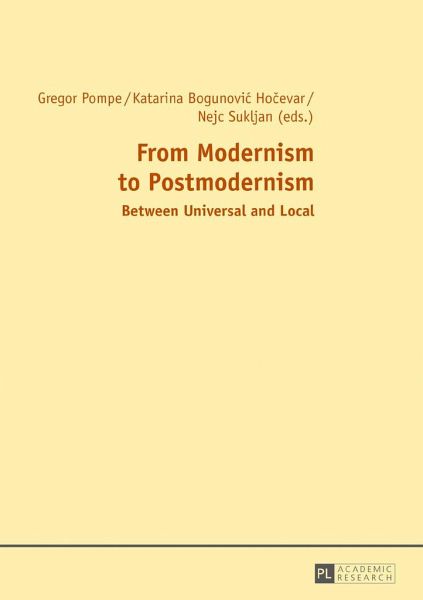
From Modernism to Postmodernism
Between Universal and Local
Herausgegeben: Pompe, Gregor; Bogunovic Hocevar, Katarina; Sukljan, Nejc
Versandkostenfrei!
Versandfertig in 6-10 Tagen
83,00 €
inkl. MwSt.

PAYBACK Punkte
0 °P sammeln!
The book explores two radical changes of cultural and social paradigm that determined the World after 1945 - Modernism and Postmodernism. From the cataclysmic atmosphere emerged the second wave of Modernism. In art this attitude was manifested in the form of a radical break with the aesthetic and stylistic characteristics of prior generations. In architecture the International Style was born, meanwhile similar «universality» was also a characteristic of musical serialism.From the beginning of the 1970s the wheels again began to turn in the other direction. The powerful destructive will of mo...
The book explores two radical changes of cultural and social paradigm that determined the World after 1945 - Modernism and Postmodernism. From the cataclysmic atmosphere emerged the second wave of Modernism. In art this attitude was manifested in the form of a radical break with the aesthetic and stylistic characteristics of prior generations. In architecture the International Style was born, meanwhile similar «universality» was also a characteristic of musical serialism.
From the beginning of the 1970s the wheels again began to turn in the other direction. The powerful destructive will of modernism increasingly waivered, and the period after modernism - postmodernism - began. The book answers questions related to the reasons for these turnarounds, their consequences and their implications.
From the beginning of the 1970s the wheels again began to turn in the other direction. The powerful destructive will of modernism increasingly waivered, and the period after modernism - postmodernism - began. The book answers questions related to the reasons for these turnarounds, their consequences and their implications.





